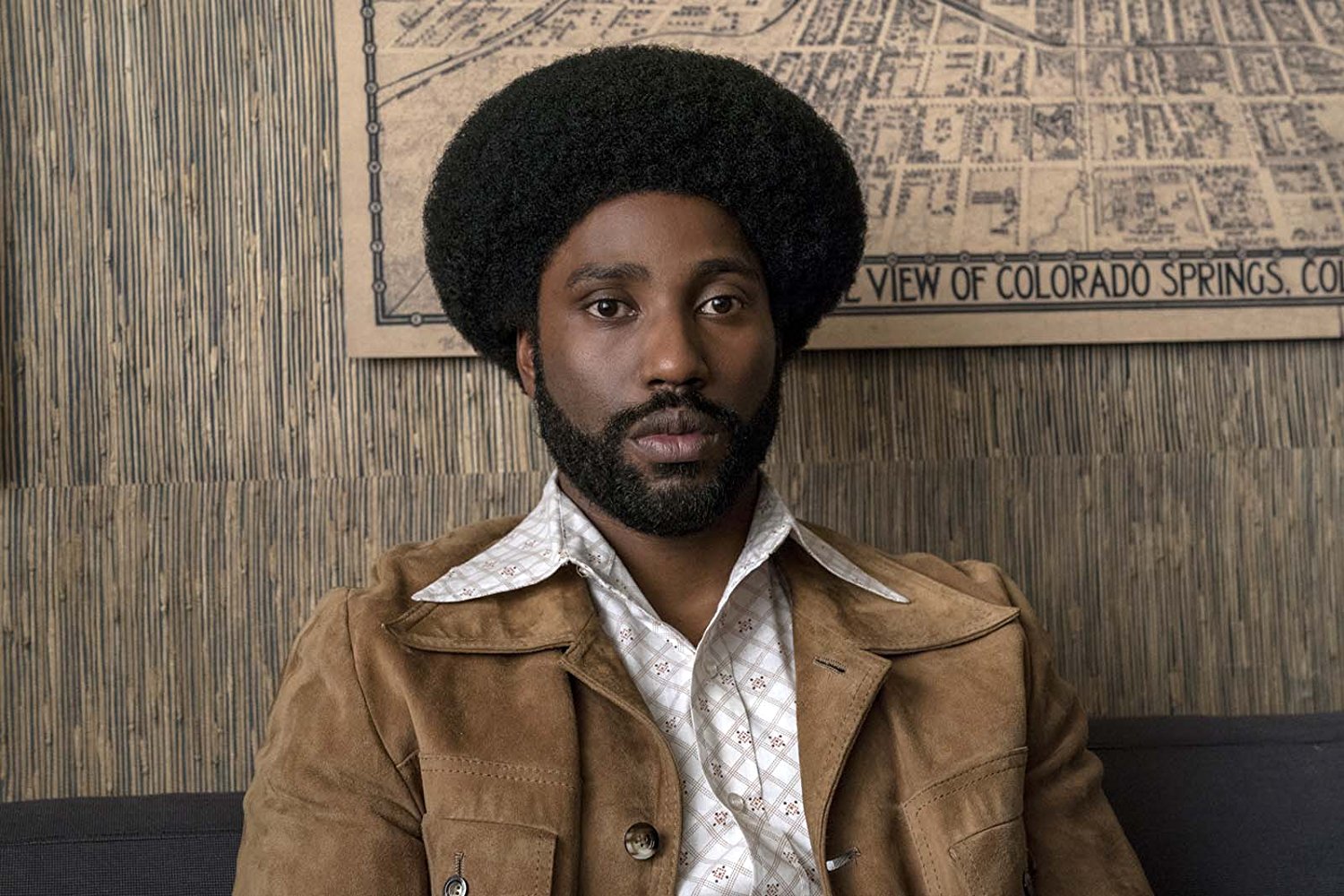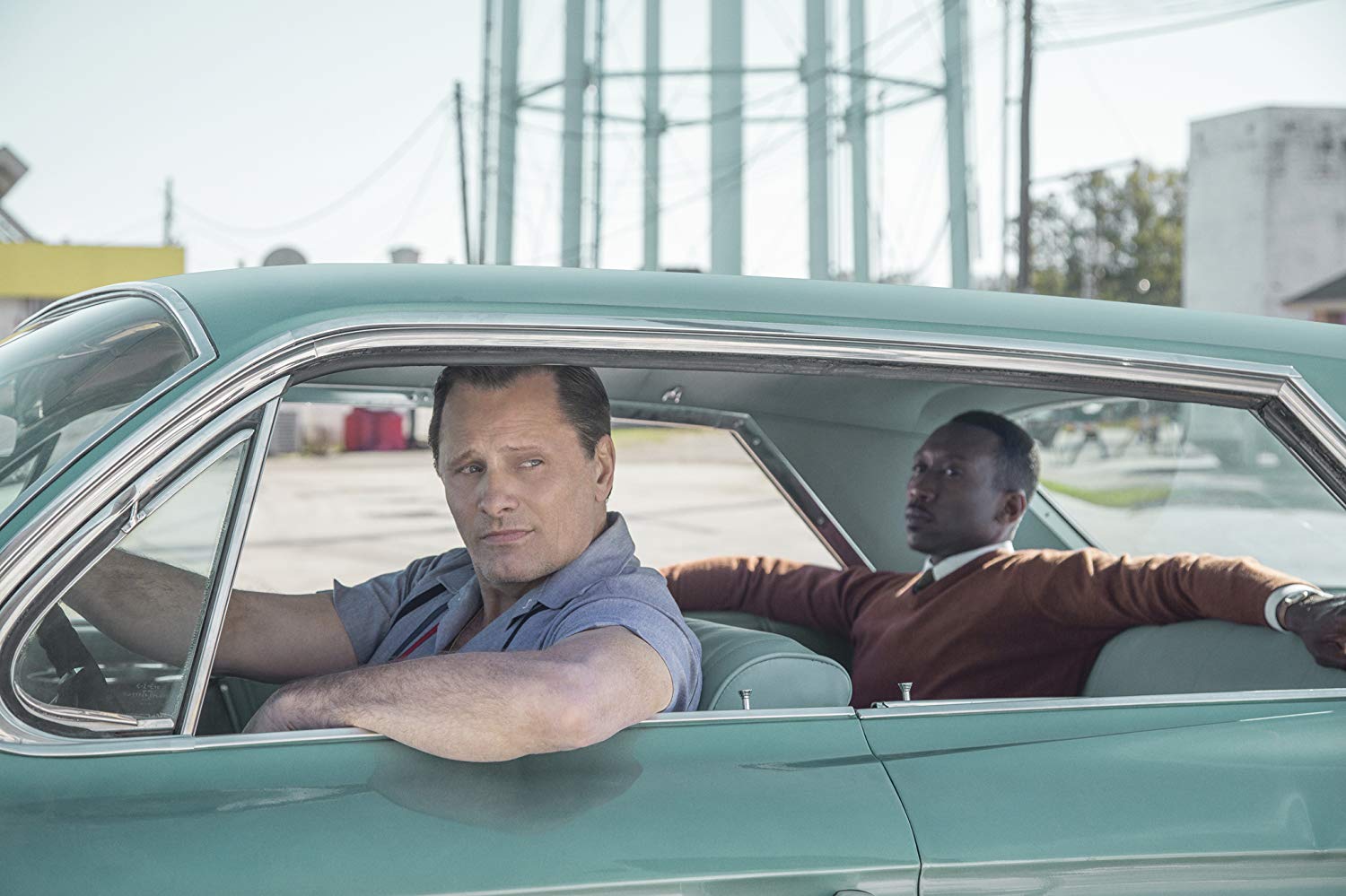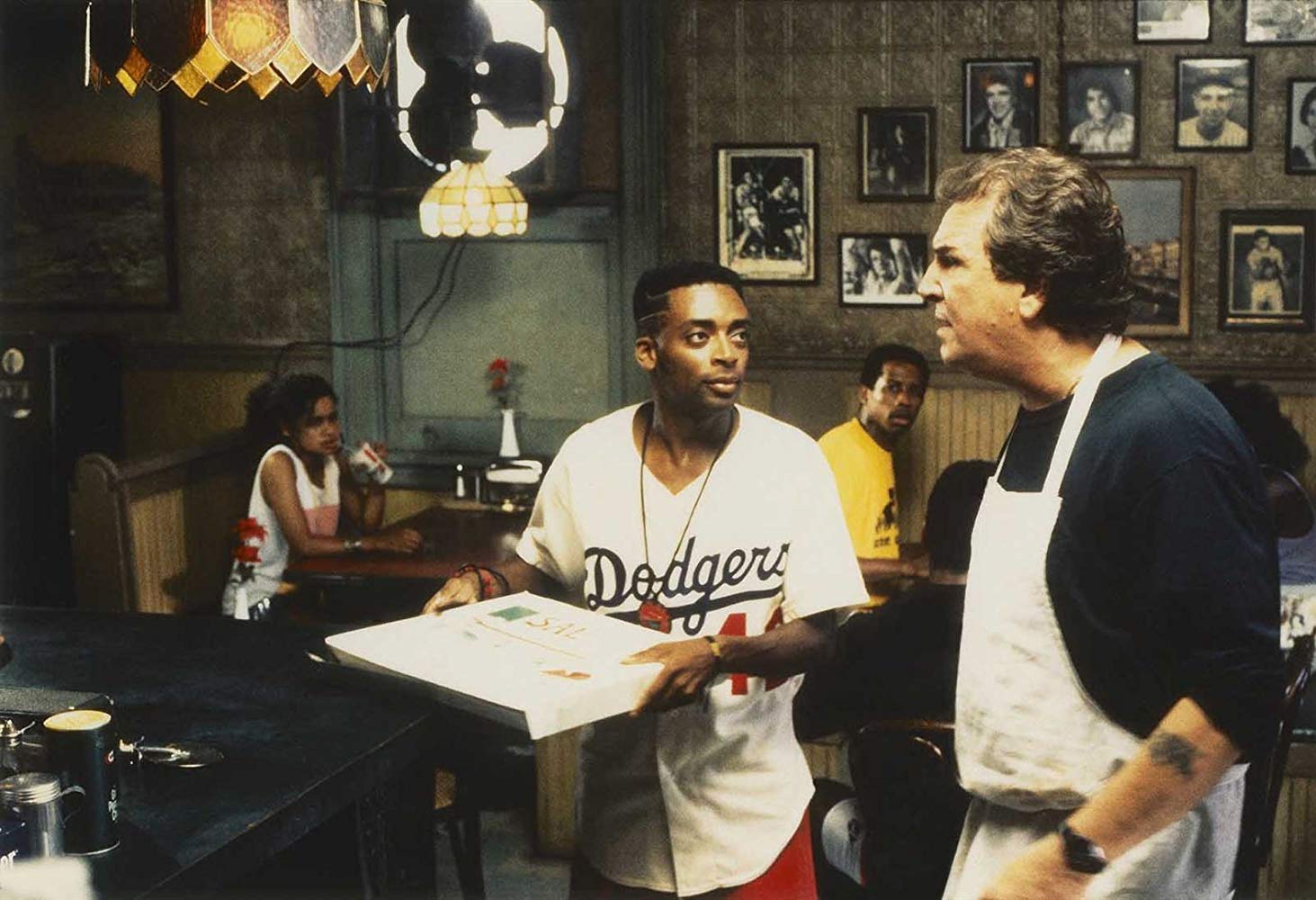By Leah Martindale, Third Year, Film & TV
Spike Lee’s seminal piece was notoriously snubbed at the 1990 Academy Awards. Only receiving nominations for ‘Best Original Screenplay’ and ‘Best Supporting Actor’ (Danny Aiello), Lee’s directorial prowess was ignored and the Academy turned a (colour-)blind eye to the film’s ‘Best Picture’ potential.
A film that attacked America’s race divide head-on, with vivid colour, piercing music, and a whole lot of sex, Do the Right Thing (1989) is gut-wrenchingly political, social, and spiritual. The 1990 ‘Best Picture’ award went to Driving Miss Daisy (1989), about a nice Black man who drives around a bigoted old white woman. In Lee’s own words: ‘Driving Miss Motherfucking Daisy. Who’s watching that film now?’
Youtube / Movieclips Classic Trailers
With BlacKkKlansman (2018) nominated for six Oscars at this year’s Academy Awards, a long-time Lee fan cannot help but notice the unfortunate potential this year’s awards have for history to repeat itself. Up against Green Book (2018), a film about a Black man on a vehicular tour with a racist white guy, amongst seven other films, the possibility for a hideously ironic revival of the past is a little too likely.
Of course, in the thirty years since Do the Right Thing’s release, the Academy have had to undergo some serious introspection. From 1993’s onstage celebrity protestations against treatment of HIV-positive Haitians and China’s actions in Tibet, to the online campaigns including #OscarsSoWhite, Time’s Up and #MeToo, the Oscars have a political history as expansive and intriguing as Ron Stallworth’s afro.

IMDb / BlackKklansman / Focus Features
The recent changes in the calibre and content of Academy nominated films show a definite shift in a more progressive direction. However, with a notoriously demographically homogeneous group actually making the nominations, it is worth wondering how genuine these nominations are. It is more than possible and widely speculated that these films are always the bridesmaids and never the brides, receiving nominations to score on woke-points and fill space while the actual awards go where they always would have. Sam Rockwell’s win last year for his portrayal as a violently racist police officer with an unearned redemption arc solidified this opinion in the minds of a few, as there is no point in nominating diverse films and then rewarding films with the most shallow views on race and representation.
This all seems especially performative as - controversial opinion time - many of the People of Colour fronted films do not deserve ‘Best Picture’. The aforementioned Green Book is a caucasian circle-jerk with little merit, Bohemian Rhapsody (with Egyptian descendant frontman Rami Malek) notoriously omits key facts from the legendary Freddie Mercury’s life, and Black Panther’s production value was a Wizard of Oz curtain, masking a plot holier than Swiss cheese.
Wesley Morris's remarkable essay situates Green Book in the context of Hollywood/US history, Driving Miss Daisy, Spike Lee, and the way money shapes onscreen interracial relationships. I hope some people who love the movie engage with the ideas here. https://t.co/bTmk4auh6d
— Mark Harris (@MarkHarrisNYC) January 24, 2019
BlacKkKlansman itself, while widely receiving praise, including from myself on its first release, has been critiqued widely, and is certainly not the seminal piece outlets claimed it to be. BlacKkKlansman’s potential win would be to Lee what The Revenant (2015) was to DiCaprio: a retroactive symbolic gesture instead of a value judgement on contemporary work. His 2015 Academy Honorary Award did that explicitly enough without a pity party Oscar now.
Spike Lee’s contemporary career trajectory is, in itself, a shell of the artist he had the potential to be as he sat snubbed in the audience of the 1990 awards ceremony. From an independent artist, paving the way for unapologetically Black artists everywhere, Lee went to collaborating with one of the largest and most notoriously toxic conglomerates going, Amazon, for Chi-Raq (2015). It is perhaps fitting that he is awarded this Oscar now, as the younger rebellious Lee, disenchanted from awards seasons after his rejection, would not or could not have created the same film.
With this in mind, the question we as an audience must keep in mind when deciding if we believe the Oscars woke-baiting is whose perspective is actually at the forefront. BlacKkKlansman, a true story based on a Black man’s memoirs, versus Green Book, a white man’s memoirs on his father’s experience of a Black man, are perfect examples of the variety of perspectives in cinema.

IMDb / Green Book / Universal Studios
Variety is the spice of life, of course. The variety of perspectives and stories in cinema are what create the vivid cinematic tapestry which I adore - but we cannot applaud a fish for swimming: The Academy’s job is to nominate a variety of films, so the proof will be in the pudding. I will believe there has been a substantial change in the past 30 years when I see deserving, diverse films with diverse perspectives given the props they deserve. Until then, excuse this cynic.
Featured Image: IMDb / Do The Right Thing / Universal Pictures
Can you think of a greater awards injustice than when Driving Miss Daisy beat Do The Right Thing in 1990?
Facebook // Epigram Film & TV // Twitter









